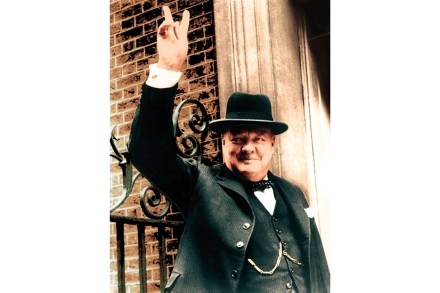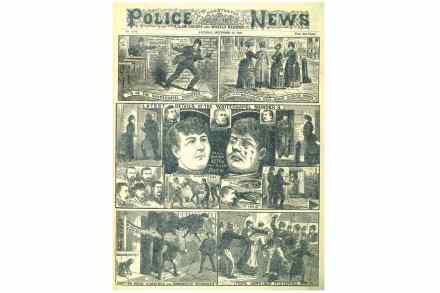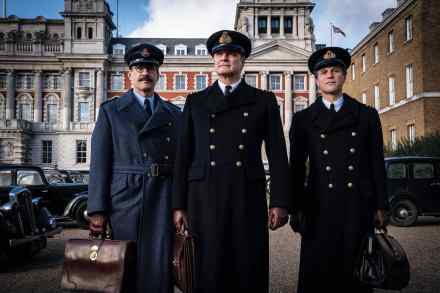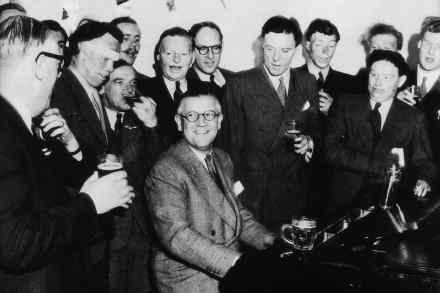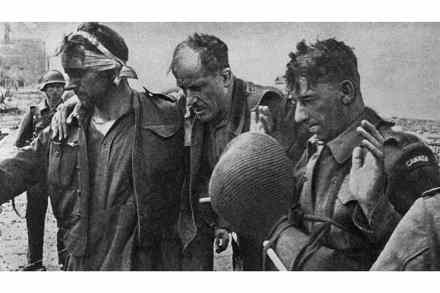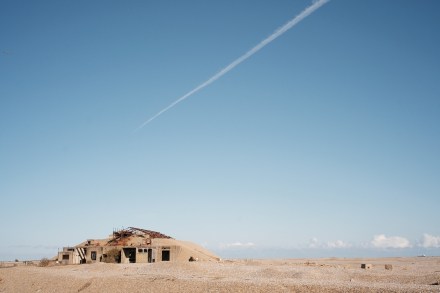The £6m country house that was home to Churchill’s secret army
The high-risk, adrenaline-fuelled operations dramatised in recent BBC1 mini-series SAS Rogue Heroes left viewers gripped. Not quite as attention-grabbing, but no less fearless (or dangerous), were the activities of another special forces unit, the Special Operations Executive (SOE) – a volunteer force set up in 1940 to wage a secret war. Famously ordered by Prime Minister Winston Churchill to ‘set Europe ablaze’, this band of brave agents were often dropped by parachute into Nazi-occupied territory, tasked with sabotage, subversion and helping local resistance movements. Many of them were serving soldiers with commando training; others had been drawn from civilian life. In Lonely Courage, a biography of the 39 women who





